Dow-DuPont merger may scupper Bhopal disaster compensation, fears UN official
Corporate tie-up could further complicate questions of liability over gas leak that killed 22,000 people
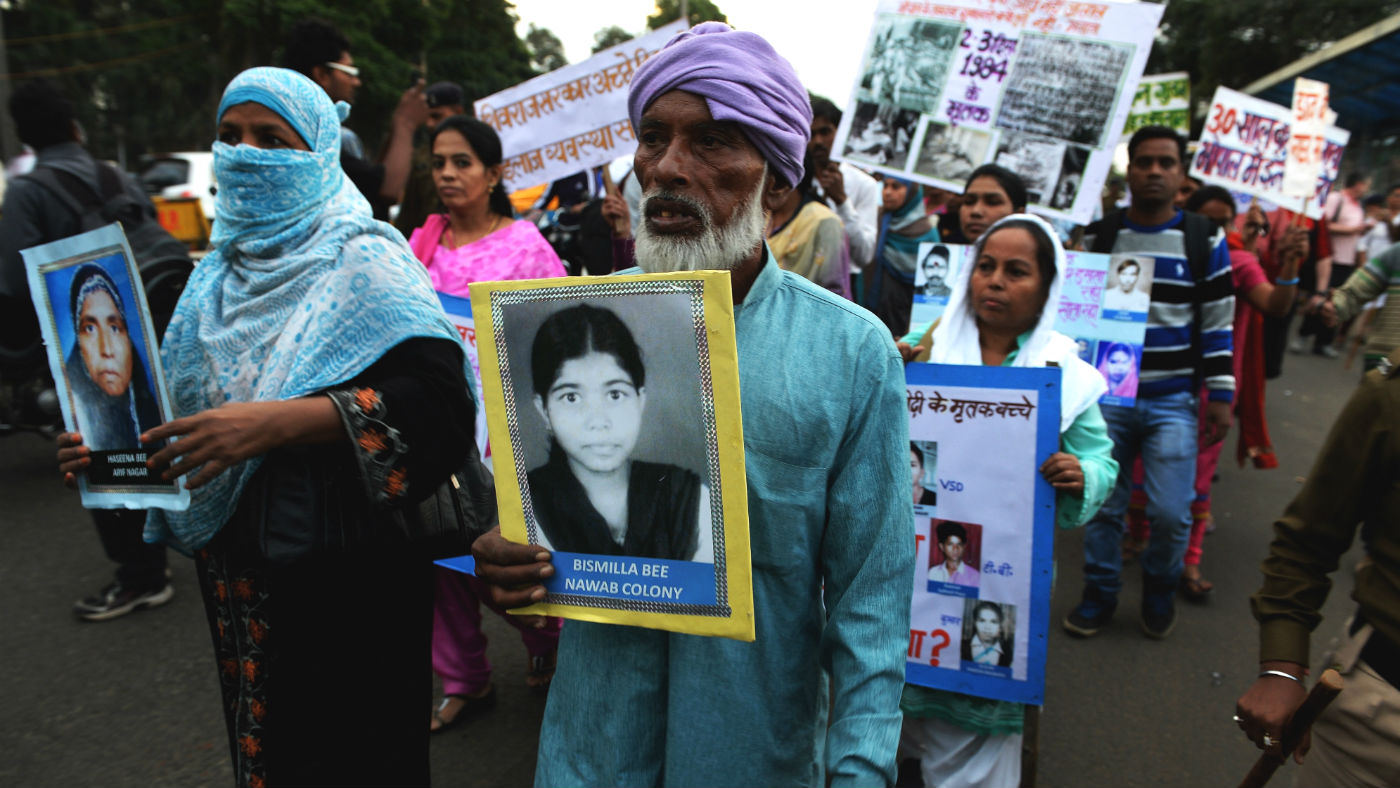
A free daily email with the biggest news stories of the day – and the best features from TheWeek.com
You are now subscribed
Your newsletter sign-up was successful
Victims from the Bhopal chemical disaster may never receive compensation after the merger of Dow Chemicals and DuPont, a senior UN official has warned.
An estimated 22,000 people died and half a million were injured when toxic methyl isocyanate fog leaked out of a chemical factory in Bhopal, India in the early hours of 3 December 1984. While it did not operate the plant at the time, campaigners and the Indian courts have tried to tie Dow to the tragedy following its 2001 acquisition of Union Carbide Corporation (UCC) – the US-based majority owner of Union Carbide India which ran the factory.
Now, in an exclusive interview with The Independent, the UN’s special rapporteur on hazardous substances and wastes, Baskut Tuncak, has said that he is “deeply concerned” the $130bn merger between Dow Chemical and DuPont which was completed earlier this month may erase any remaining possibility of the victims of the disaster seeing an “effective remedy” more than three decades on from the tragedy.
The Week
Escape your echo chamber. Get the facts behind the news, plus analysis from multiple perspectives.

Sign up for The Week's Free Newsletters
From our morning news briefing to a weekly Good News Newsletter, get the best of The Week delivered directly to your inbox.
From our morning news briefing to a weekly Good News Newsletter, get the best of The Week delivered directly to your inbox.
His comments come as he prepares to present a report to the UN Human Rights Council which criticises corporate structures, including parent-subsidiary relationships, that “prevent access to justice” by limiting liability for industrial accidents.
In a statement released this week, the newly named DowDuPont described the gas leak as “a terrible tragedy” but continued to deny any connection to or responsibility for the disaster, arguing they only acquired Union Carbide 16 years after the event.
A $470 million (£351m) settlement was agreed in 1991 by Union Carbide but has been the subject of a lawsuit since 2010 after the Indian government sought to re-open the case after campaign groups and the government itself agreed the initial compensation level was based on disputed figures.
Speaking to the Independent, Joe Westby, a campaigner on business and human rights at Amnesty International, echoed Tuncak’s sentiments and said it will now be even more difficult for victims to “pin down” who is responsible.
A free daily email with the biggest news stories of the day – and the best features from TheWeek.com
“Already Union Carbide has been able to hide behind complex, multinational corporate structures for decades to avoid accountability,” he said. “This merger will only make that more complex so that is why it is very worrying.”
-
 Alexei Navalny and Russia’s history of poisonings
Alexei Navalny and Russia’s history of poisoningsThe Explainer ‘Precise’ and ‘deniable’, the Kremlin’s use of poison to silence critics has become a ’geopolitical signature flourish’
-
 Are Hollywood ‘showmances’ losing their shine?
Are Hollywood ‘showmances’ losing their shine?In The Spotlight Teasing real-life romance between movie leads is an old Tinseltown publicity trick but modern audiences may have had enough
-
 A dreamy long weekend on the Amalfi Coast
A dreamy long weekend on the Amalfi CoastThe Week Recommends History, pasta, scenic views – this sun-drenched stretch of Italy’s southern coast has it all
-
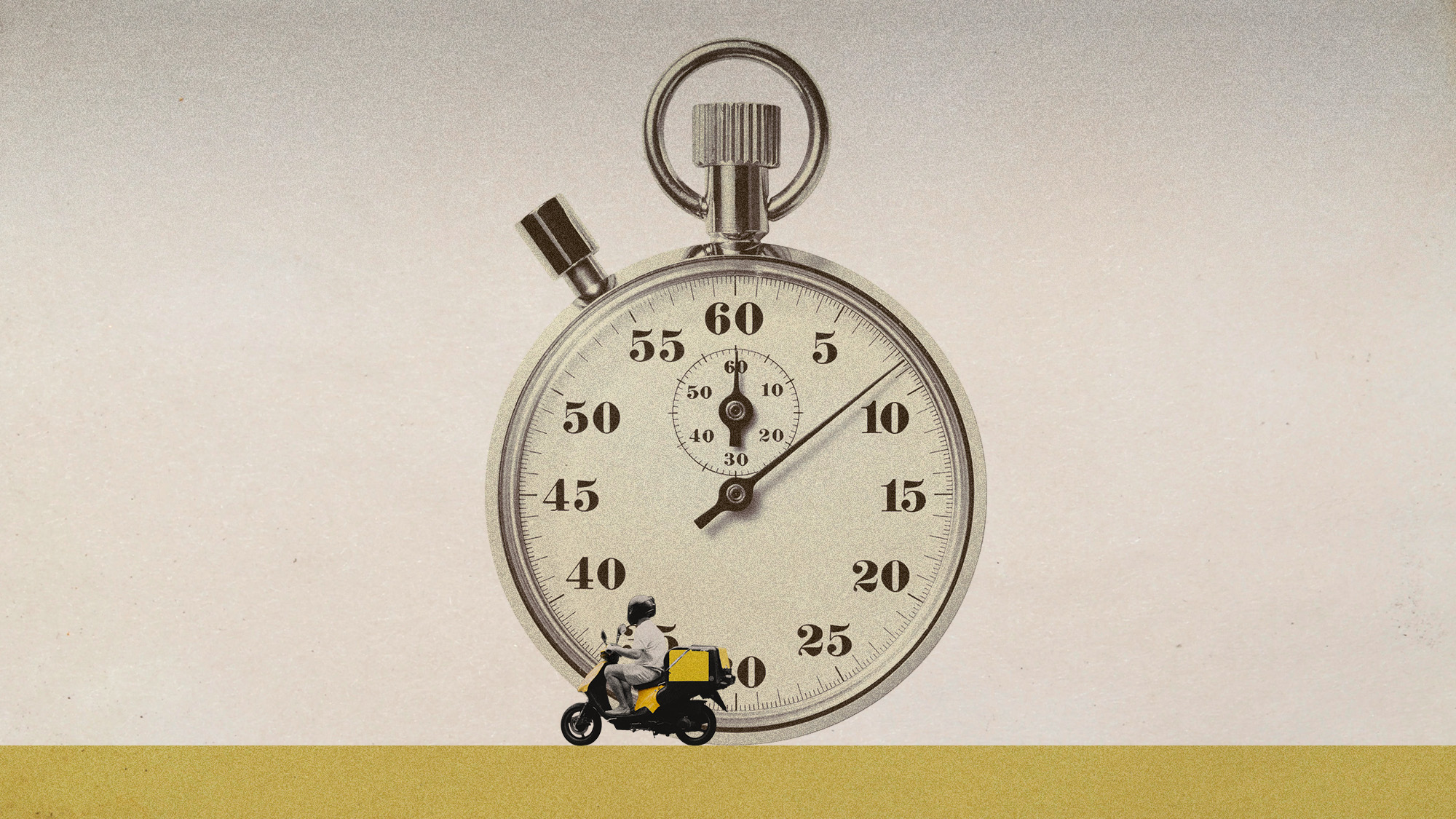 Blinkit: India’s 10-minute delivery app
Blinkit: India’s 10-minute delivery appUnder The Radar Market pressures and rider unrest are casting a shadow over leading player
-
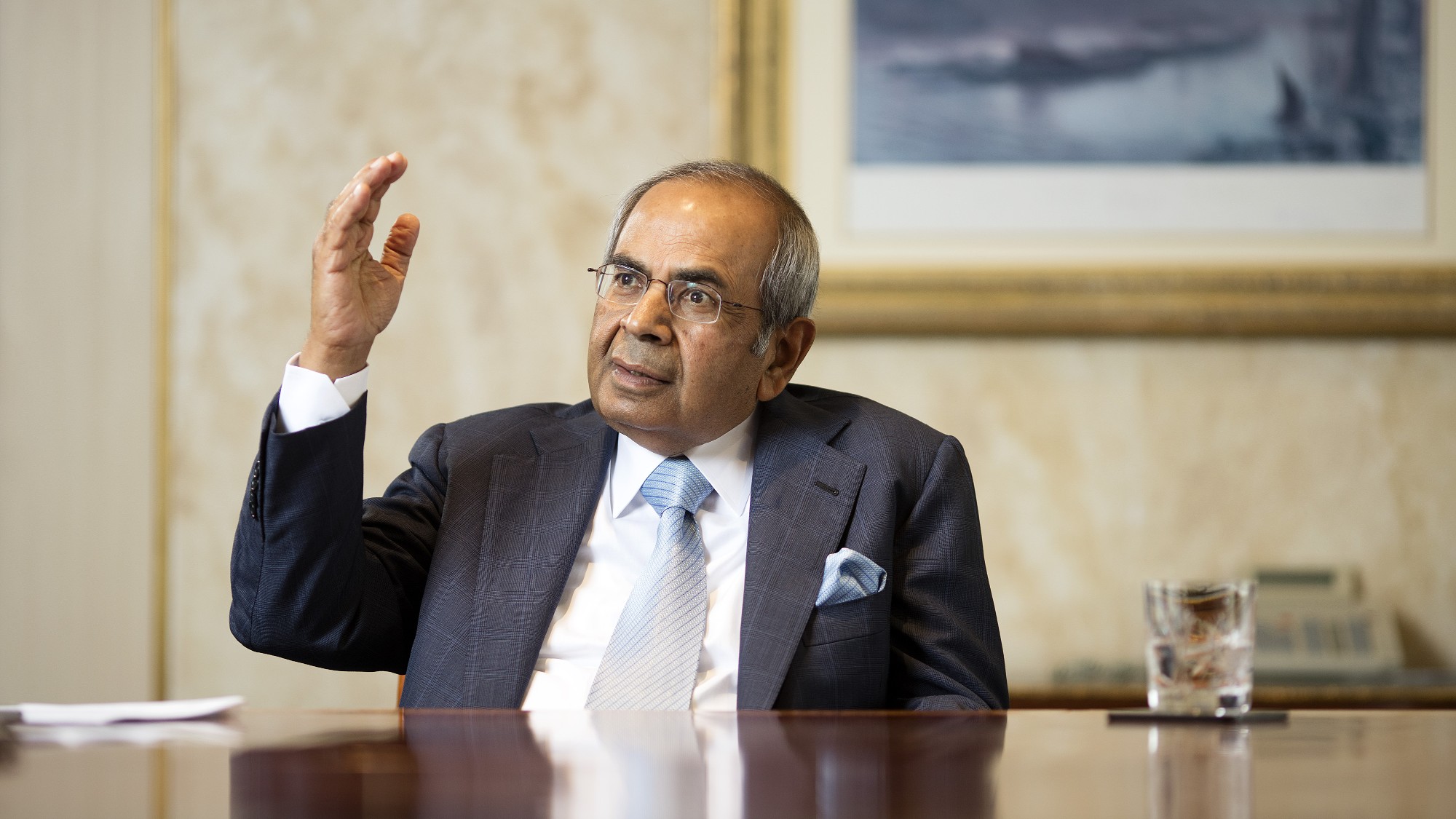 Gopichand Hinduja and the rift at the heart of UK’s richest family
Gopichand Hinduja and the rift at the heart of UK’s richest familyIn The Spotlight Following the death of the patriarch, the family’s ‘Succession-like’ feuds are ‘likely to get worse’
-
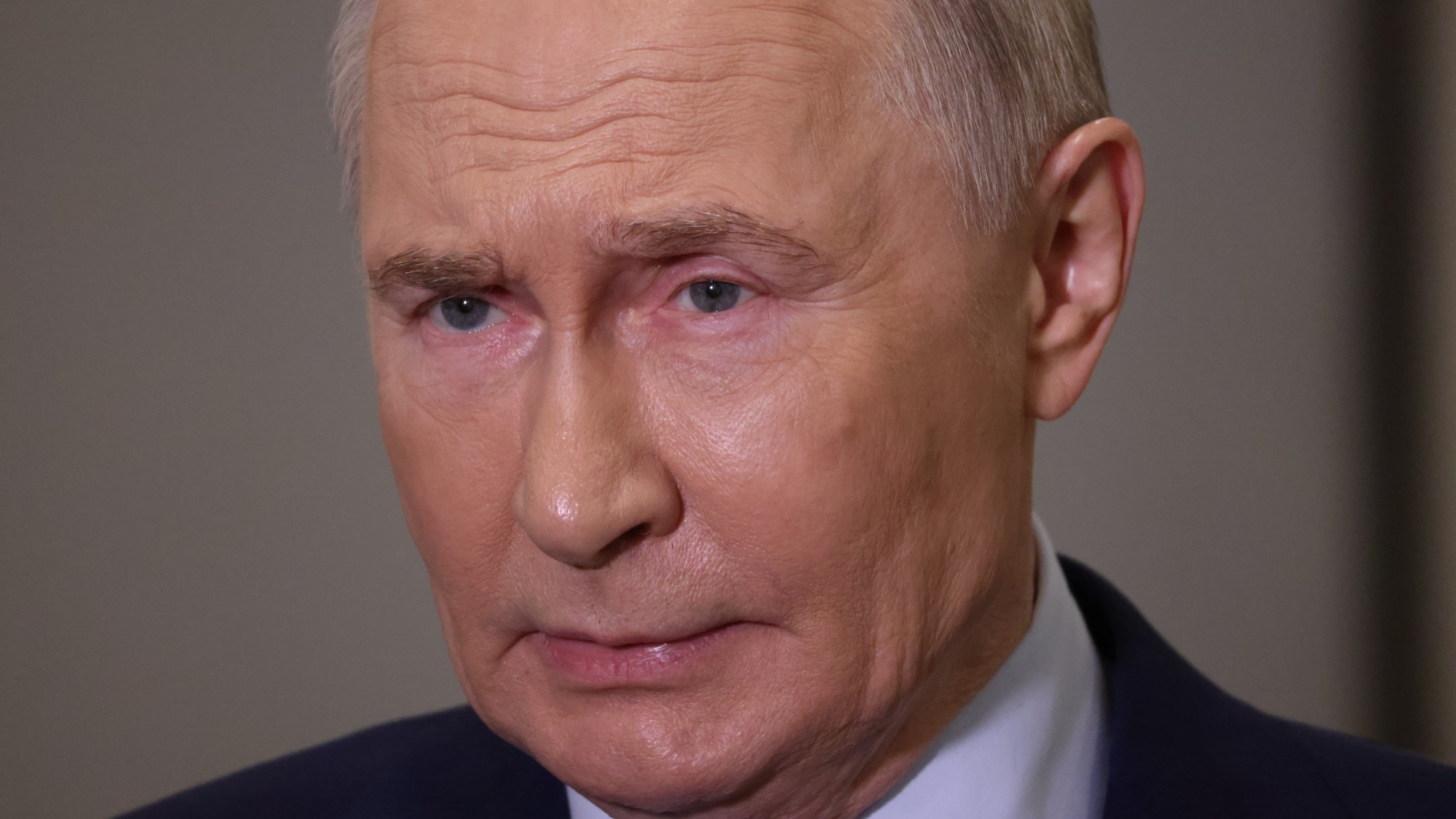 Will latest Russian sanctions finally break Putin’s resolve?
Will latest Russian sanctions finally break Putin’s resolve?Today's Big Question New restrictions have been described as a ‘punch to the gut of Moscow’s war economy’
-
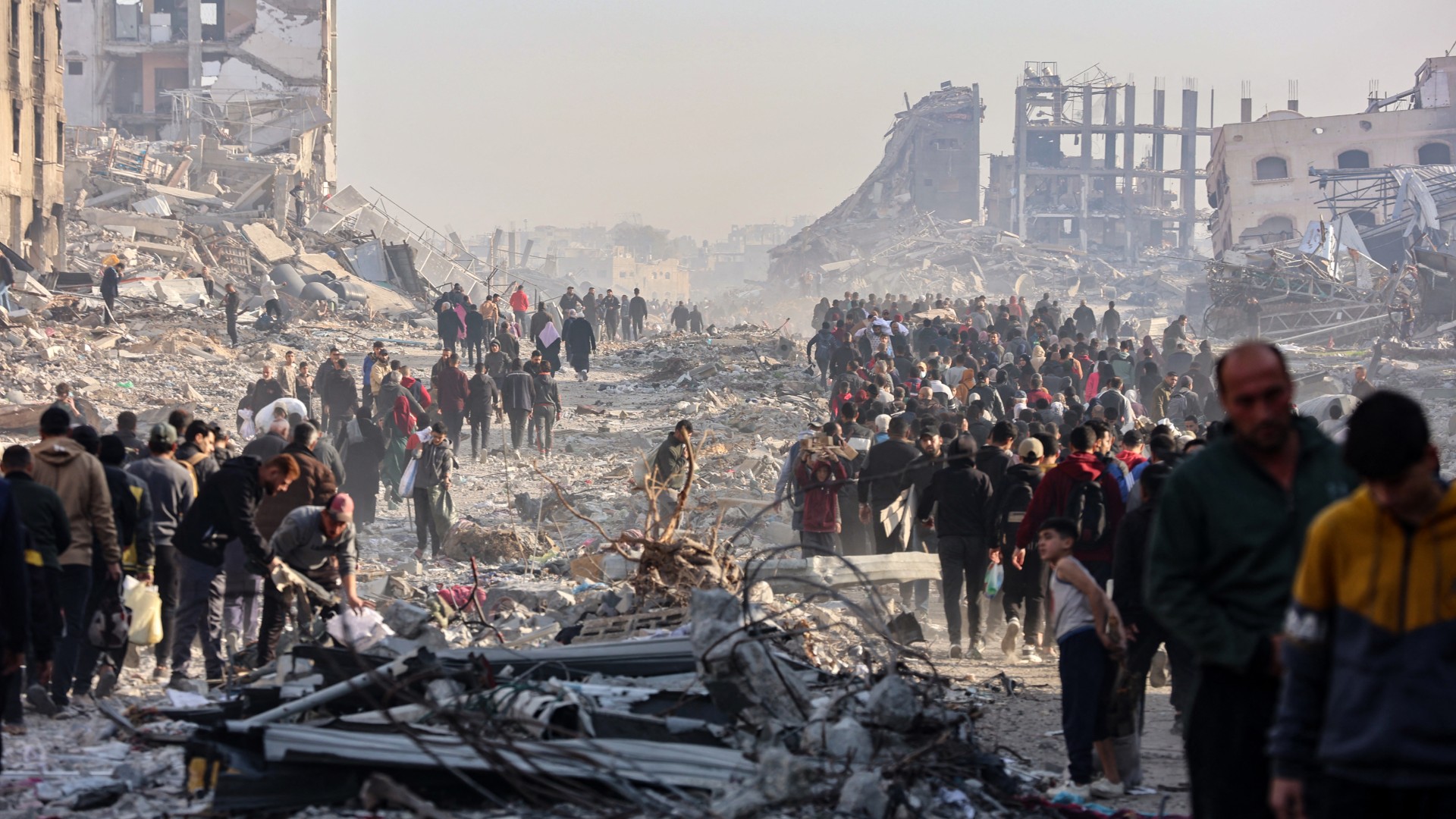 The long road ahead to rebuild life in Gaza
The long road ahead to rebuild life in GazaThe Explainer As the Israel-Hamas ceasefire takes effect, Palestinians return to find 90% of homes destroyed, health and water infrastructure in ruins, and acute food poverty
-
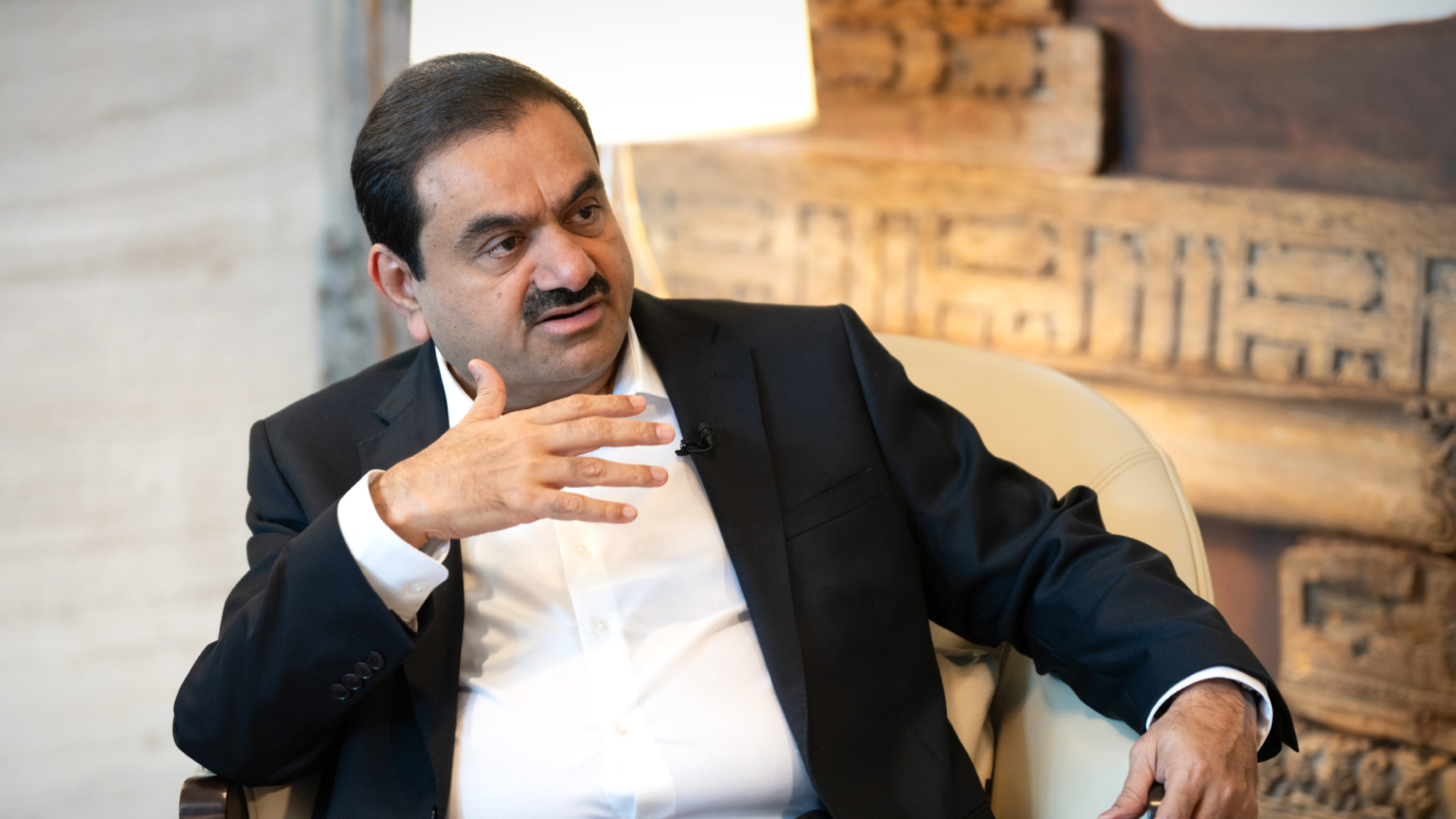 US charges Indian tycoon with bribery, fraud
US charges Indian tycoon with bribery, fraudSpeed Read Indian billionaire Gautam Adani has been indicted by US prosecutors for his role in a $265 million scheme to secure solar energy deals
-
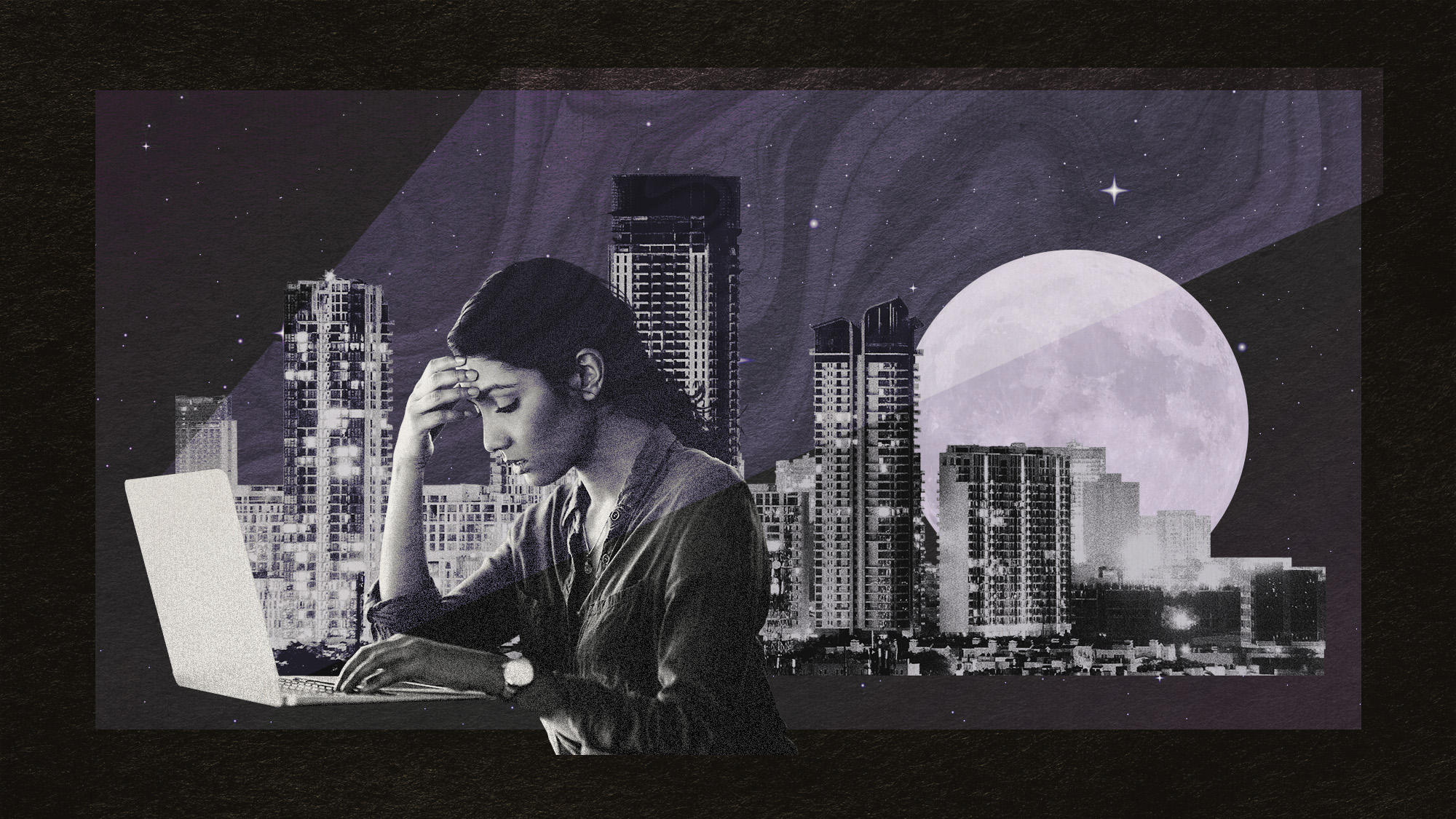 India's lengthening working week
India's lengthening working weekUnder The Radar Fourteen-hour work days, meetings during holidays, and no overtime are just part of the job in India's workplace culture
-
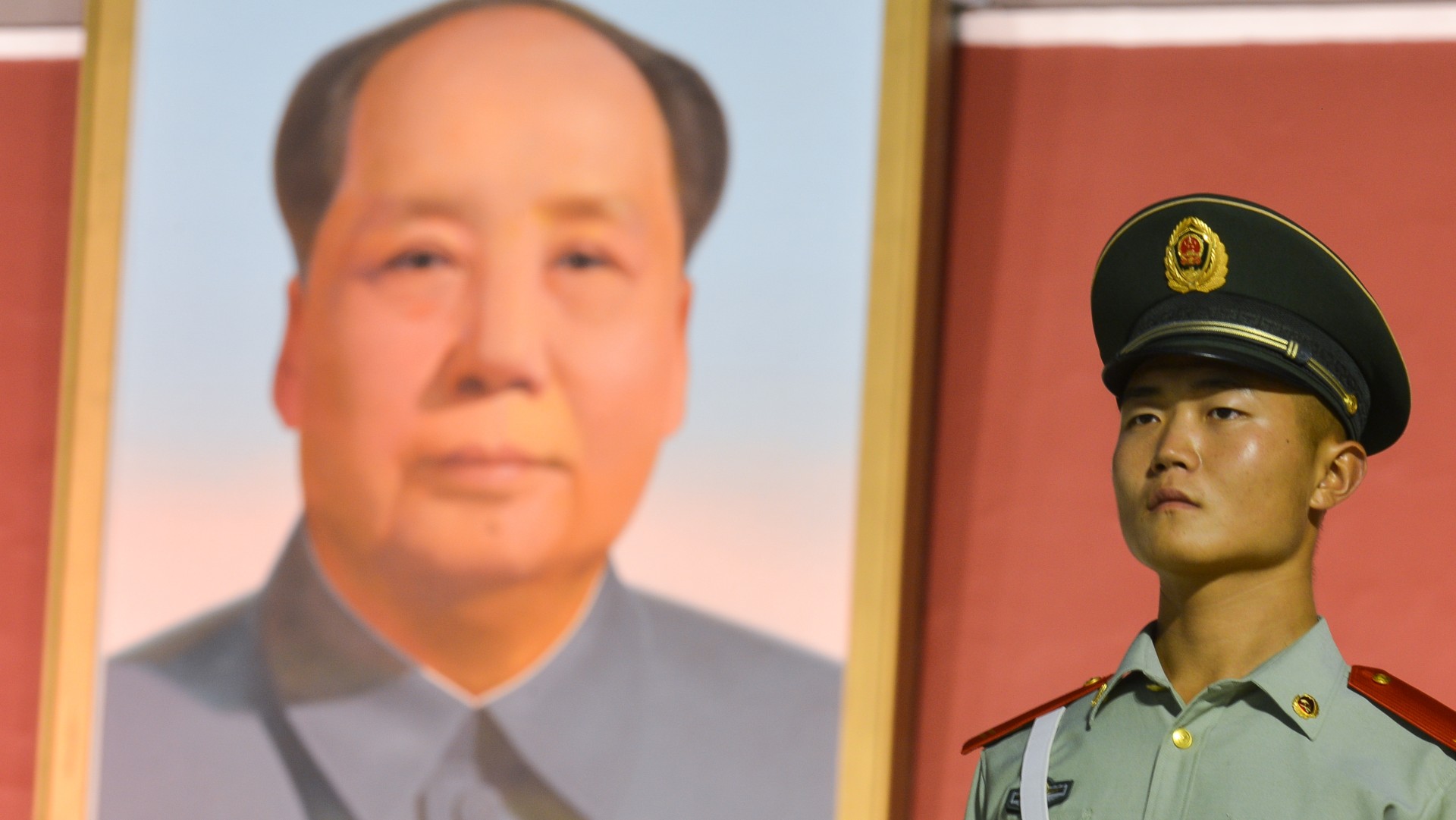 The next superpowers: who will hold sway in 2050?
The next superpowers: who will hold sway in 2050?feature China overtakes the US, India emerges, great power ‘blocs’ rule, or tech giants take over – some of the geopolitical possibilities on the horizon
-
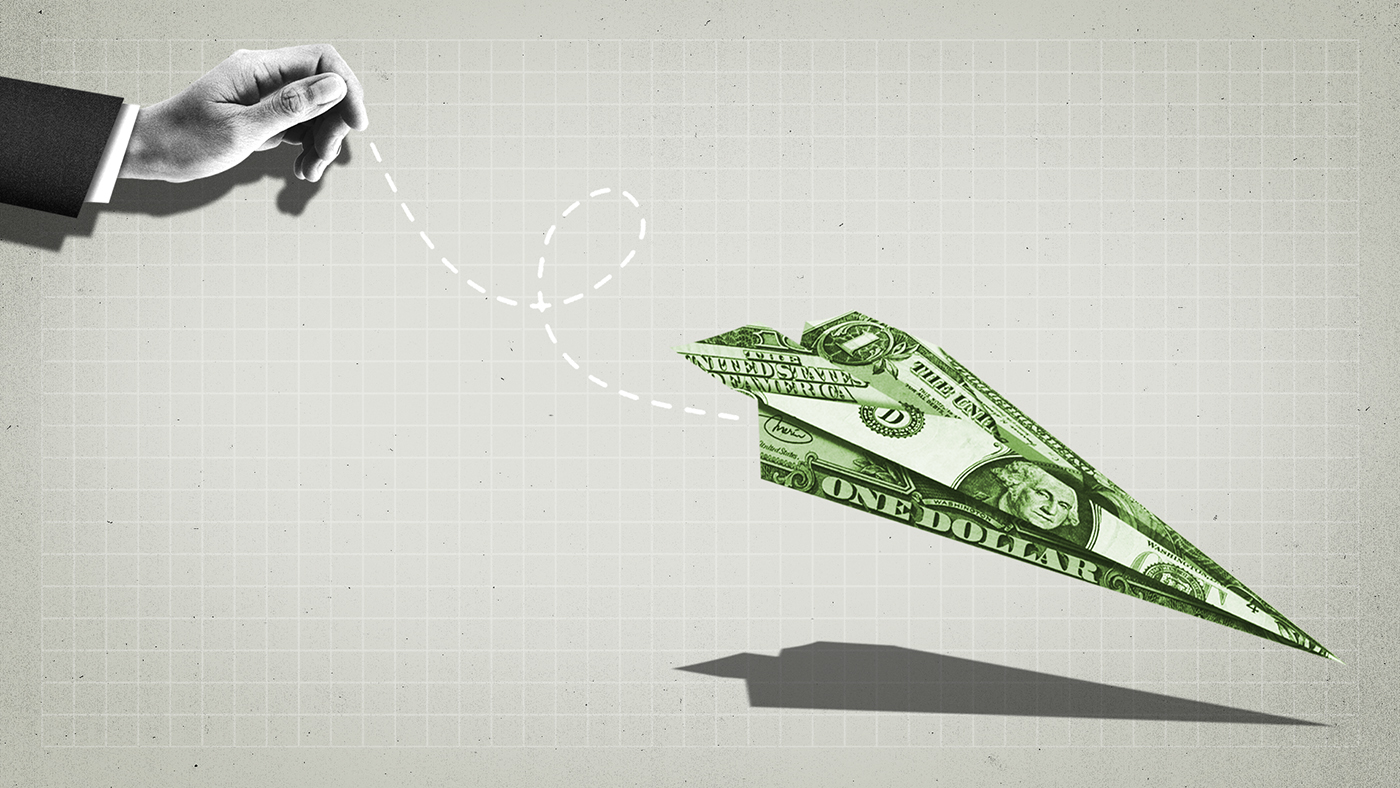 De-dollarisation: why are countries looking to ditch US currency?
De-dollarisation: why are countries looking to ditch US currency?Today's Big Question Move away from USD has accelerated following invasion of Ukraine